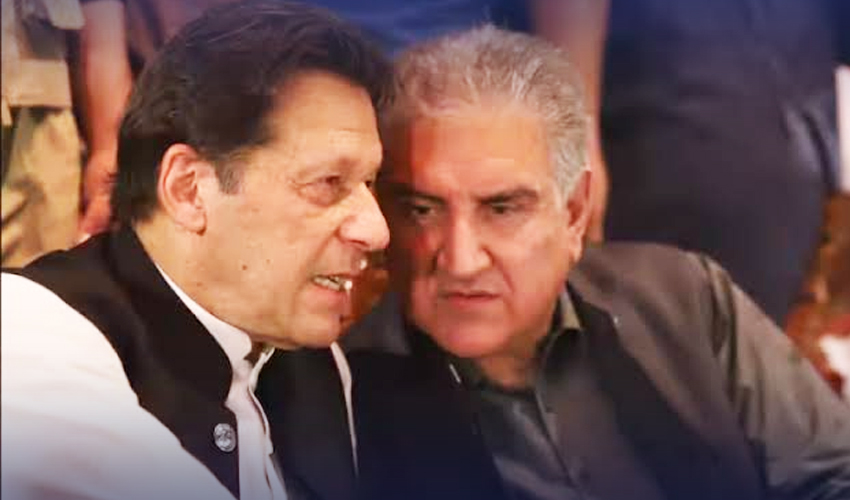Pakistan Tehreek-e-Insaf (PTI) leader and former foreign minister Shah Mahmood Qureshi, sentenced to 10 years in the “Cipher case,” expressed strong criticism of the verdict, labelling it pre-decided and politically motivated.
In an informal conversation with journalists at Adiala Jail, Qureshi, who was sentenced to 10 years, raised concerns about the legal process, asserting that the law was disregarded, and the defense council was not given a fair chance.
He asserted, "We knew the match was fixed. The punishment was to be given."
Qureshi’s frustration stemmed from perceived limitations on his defense. “We weren’t allowed proper representation,” he claimed. “The judge announced the decision before my statement was recorded. It was clear the outcome was predetermined.”
Despite the setback, the former foreign minister displayed defiant resolve. “My conscience is clear,” he declared. “I’ve always served Pakistan and will continue to do so. Alive or dead, I’ll return to Multan.” He further vowed to challenge the verdict in the High Court and even hinted at “threatening statements” in higher courts.
Despite his discontent with the outcome, he vowed to challenge the decision in the High Court, expressing confidence in the legal system.
He affirmed his loyalty to Pakistan Tehreek-e-Insaf (PTI) and pledged to make further statements in the Supreme Court and the High Court.
Regarding the Cipher case’s legal intricacies, the PTI leader mentioned the abolition of its legal status and highlighted meetings with the current American ambassador after the verdict. He commended the performance of his legal team and expressed confidence that the people’s vote on February 8 would be the ultimate judge of the situation.
Qureshi stated that PTI would not resort to protests but would instead engage in a legal battle. He underscored the necessity for politicians to make sacrifices for the greater good and steer the nation in the right direction.



























